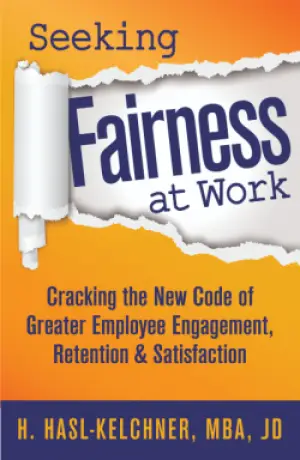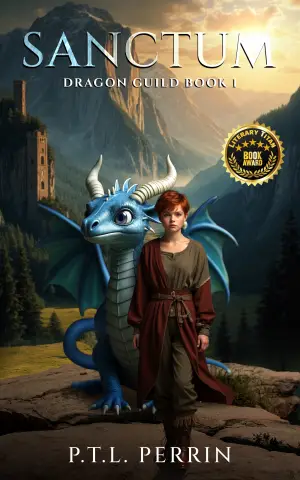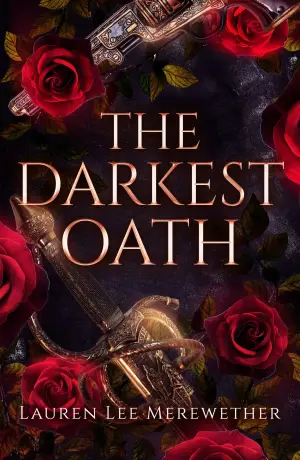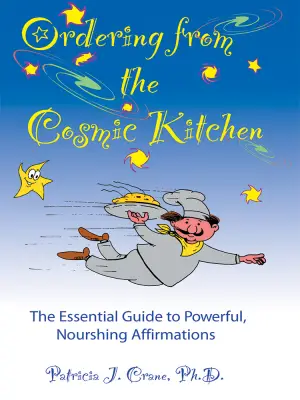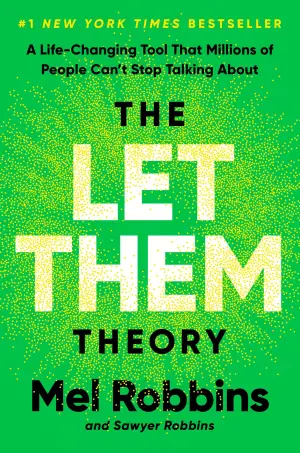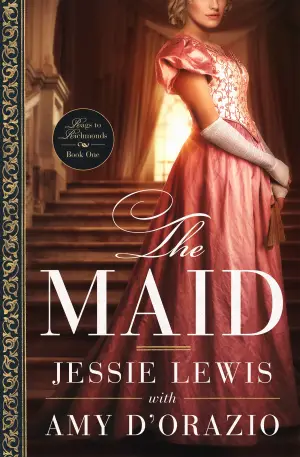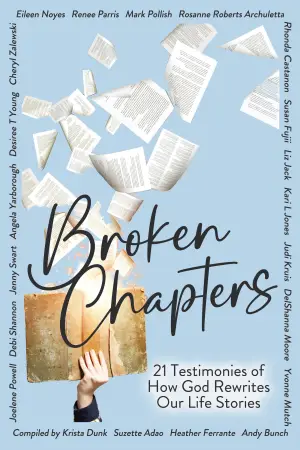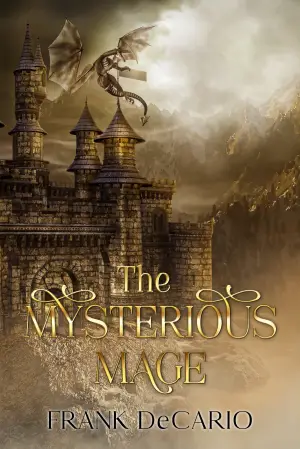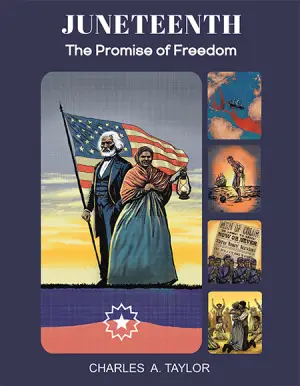When Courage Meets Loyalty: A Review of "All American Boys"
As a book blogger, I often find myself drawn to stories that reflect the world around us, and "All American Boys," co-authored by Jason Reynolds and Brendan Kiely, caught my attention like a magnet. In a time when discussions about racism and police brutality are at the forefront of societal consciousness, this novel offers an unflinching glimpse into the complex interplay of race and morality. I was eager to dive into this compelling narrative, and I was not disappointed.
At its core, "All American Boys" explores the harrowing experience of Rashad Butler, a Black teen who finds himself in a situation that escalates catastrophically due to a misunderstanding. While attempting to purchase a bag of chips, Rashad is brutally beaten by a police officer after being wrongly accused of shoplifting. This incident is witnessed by Quinn, a white teen who grapples with the difficult task of reconciling his loyalty to a father-figure cop, Paul, with the shocking reality of police violence against minorities. The themes of courage, loyalty, and the intricacies of racial dynamics are woven throughout the narrative, prompting readers to confront their own beliefs and biases.
The alternating perspectives of Rashad and Quinn create a powerful dialogue that highlights how different experiences shape our understanding of similar events. The dual narration allows for a nuanced portrayal of both characters, making them relatable and real. I found myself empathizing deeply with Rashad’s journey—his dreams, fears, and frustrations resonate on many levels, offering a clear window into the life of a teen navigating a world that seems rigged against him. Quinn’s internal battle is equally compelling; his transformation from a basketball-obsessed teenager to an emerging advocate for justice is both inspiring and, at times, a bit too swift for my taste. Nevertheless, it showcases the potential for growth when one is forced to confront uncomfortable truths.
The writing style itself is approachable and engaging, making it a fast read—perfect for younger audiences or those new to critical social issues. While it lacks some of the lyrical complexity found in works by authors like Sherman Alexie or Michael Schmidt, the straightforward prose allows the urgency of the themes to shine through. The use of current events and social media hashtags, like #RashadIsNotInSchoolAgain, enhances its relevance, making it an excellent tool for sparking discussions in the classroom.
One of the most memorable moments in the book occurs during the community march towards the police station, a moment ripe with emotion and symbolism. The crowd’s collective action and the poignant “die-in” serve as a powerful reminder that even in moments of despair and injustice, there is hope for change. This poignant activism resonates deeply with today’s social movements, making "All American Boys" more than just a story—it’s a rallying cry for young people to learn, discuss, and take action.
In conclusion, I wholeheartedly recommend "All American Boys" to educators, young adults, and anyone seeking a thought-provoking read. While it may not delve into the complexities of its subjects with the depth of other contemporary works, it serves as a vital conversation starter. The book underscores the importance of acknowledging our biases, reassessing our loyalties, and having the courage to stand up for what is right. Personally, reading this book was not just an experience; it was a reminder of the responsibility we all share in fostering a more compassionate and just world.

